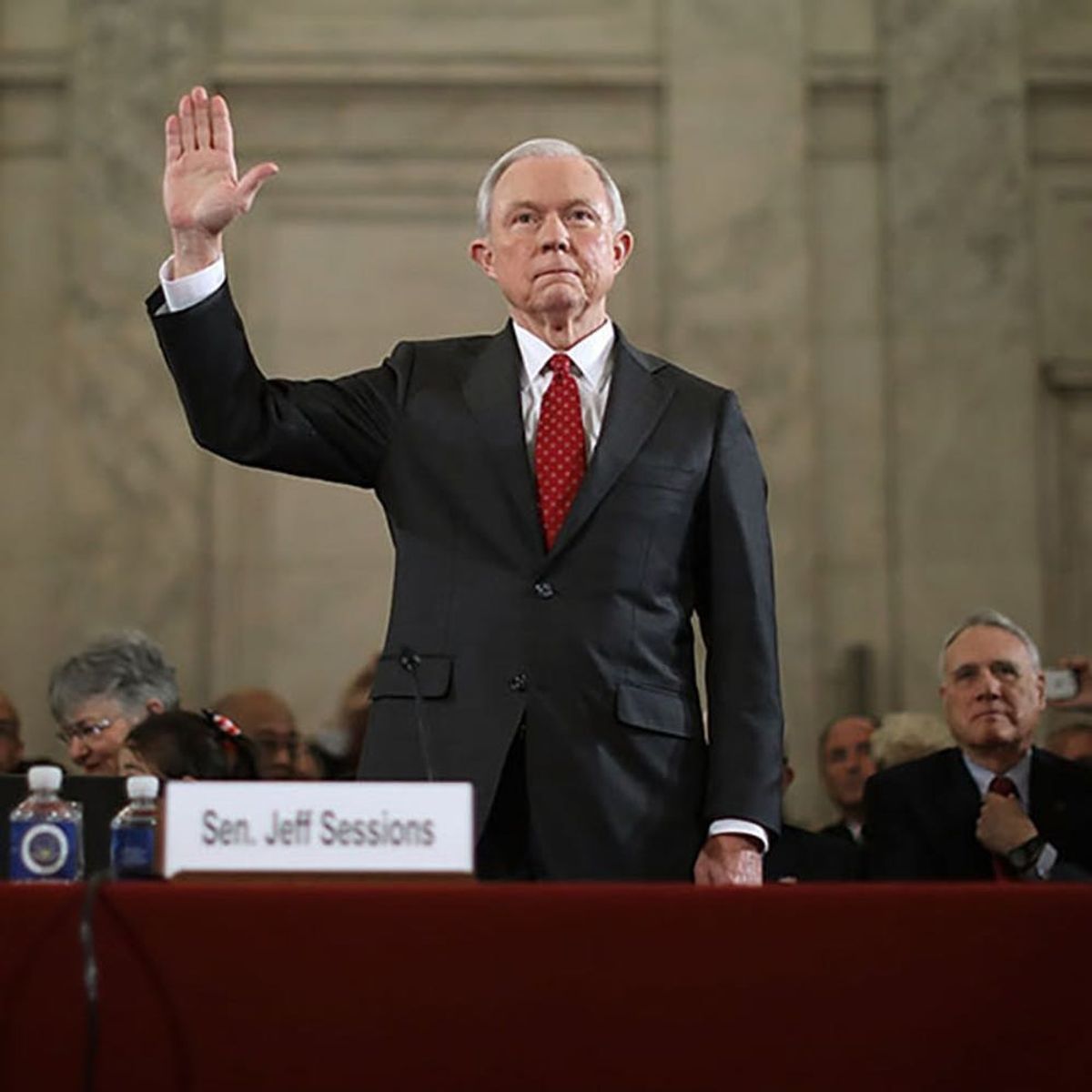States With Legalized Pot Are Unhappy With the Federal Rollback of States’ Rights

Just as California has enacted legislation making recreational use of marijuana legal across the state, Attorney General Jeff Sessions is rolling back Obama-era protections that allow states to manage their own legalization of the drug without interference from the federal government.

Just after ringing in the new year, Sessions rescinded three Obama-era memos regarding legal weed. The memos essentially stated that although marijuana remained illegal for use and sale on the federal level, the government would not bother states who created their own laws on usage and sales. These memos paved the way for laws like the new California one and for recreational sales in Colorado, a state which has made over $500 million in profit from the sale of the drug since decriminalizing it in 2014.
Both Republicans and Democrats seem unhappy with this decision from the DOJ, however, with California Republican representative Dana Rohrbacher saying in a statement, “The attorney general of the United States has just delivered an extravagant holiday gift to the drug cartels. By attacking the will of the American people, who overwhelmingly favor marijuana legalization, Jeff Sessions has shown a preference for allowing all commerce in marijuana to take place in the black market, which will inevitably bring the spike in violence he mistakenly attributes to marijuana itself.”
My full statement on Attorney General Jeff Sessions' harmful and destructive attempt to revive the failed war on drugs.
Calling on our federal leaders to move quickly to protect states’ rights from the harmful effects of this ideological temper tantrum by Sessions. pic.twitter.com/96xtRx6OYE
— Gavin Newsom (@GavinNewsom) January 4, 2018
California’s Democratic Lt. Governor called Sessions’ rollback an “ideological temper tantrum,” agreeing that the rollback will create more violence and danger as the black market continues to swell. According to the ACLU, between 2000 and 2010, over eight million, mostly Black, men were arrested for marijuana possession, clogging the courts and wasting millions of dollars a year on court cases and arrests. Meanwhile, the accessibility of the drug never lessened.
Although many states with legalized marijuana sales are speaking out against this rollback, there has not been any mention of how the DOJ plans to manage individual state’s sales operations. Eight states plus Washington DC currently allow sales of recreational marijuana use, with a total of 29 states allowing marijuana for medicinal use only, and an additional 17 allowing the use of CBD — the non-psychotropic part of the marijuana plant that can help with everything from pain to anxiety.
Federal attorneys across the country are continuing to wait for word from sessions on next steps, while state’s attorneys and governors rally together to figure out how to protect their individual states’ rights.
What do you think of federal weed laws? Tell us @BritandCo!
(Photos via Chip Somodevilla + Susan Walsh-Pool/Getty)

















